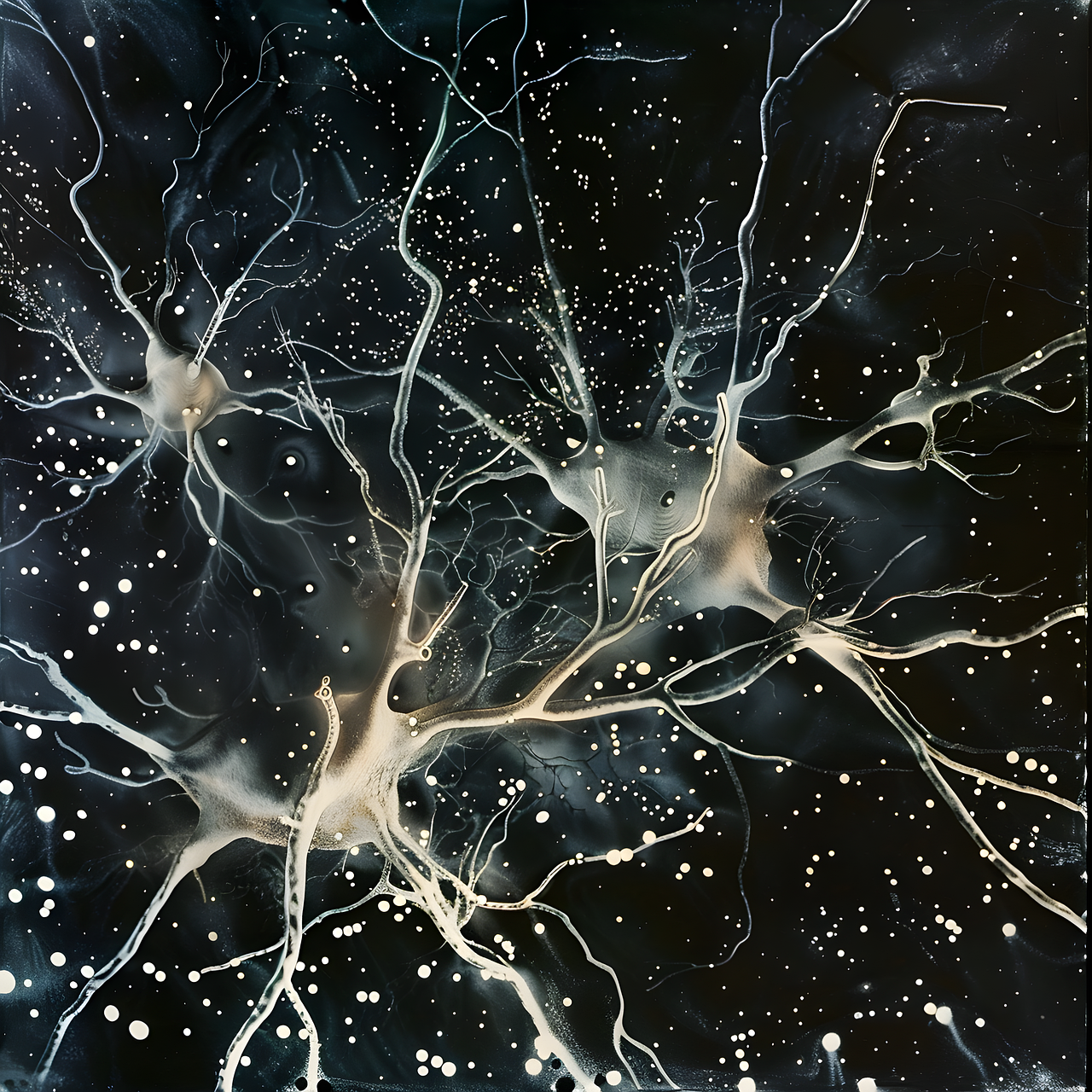
Realize Your Full Potential
Ketamine Infusion Therapy (KIT)
Refresh your perspective & reclaim your life
Psychedelic Therapy is the Future
The historical background of psychedelics traces back to prehistoric times. However, in the 1950s and early 1960s, medical researchers in America began recognizing the therapeutic properties of psilocybin and other psychedelics in mental health and behavioral disorders. Harvard University spearheaded the surge in research on the positive uses of psychedelics during the early 1960s. Initial research outcomes showed promising results, with reduced recidivism rates among incarcerated individuals who underwent psilocybin therapy and a significant number of participants reporting positive life changes post-treatment*. These findings underscored the potential of psychedelics to improve mental health outcomes and prompted further exploration into its therapeutic benefits and consciousness-expanding properties.
Psychedelic substances faced significant scrutiny and opposition in the US during the turbulent era of the late 1960s and early 1970s. The demonization of psychedelics, fueled by political agendas and societal fears, led to a halt in academic research and therapeutic exploration.
However, the last two decades we have witnessed a resurgence in interest and research regarding the potential therapeutic benefits of psychedelics, including psilocybin, THC, MDMA and Ketamine. The field of psychedelic-assisted therapy is undergoing a renaissance, with a growing body of evidence supporting the efficacy of these substances in addressing mental health challenges, with positive results, as reported decades earlier.
The legalization of substances like MDMA and psilocybin is a topic of ongoing debate and delayed progress. As research continues to evolve and regulations shift, it is important to note that Ketamine currently stands as the only psychedelic considered safe and legal for therapeutic use within every state in the United States.
* The Concord Prison Experiment 1961-1963
What is Ketamine?
Ketamine is a dissociative and pain-relieving medicine developed in the 1960s as an anesthetic agent. It is commonly used by anesthesiologists and emergency physicians worldwide for operations and procedural sedation due to its safety profile. Listed on the World Health Organization's (WHO) top 100 essential medicines, ketamine functions as an N-methyl-D-aspartate (NMDA) receptor antagonist, blocking the action of the glutamate neurotransmitter in the central nervous system. One of ketamine's mechanisms involves increasing brain-derived neurotrophic factor (BDNF) within synaptic connections, promoting the growth of neuronal connections in the brain. This growth serves as a potential way for ketamine to address chronic depression and stress-induced reduction in neuronal connections.
Medical researchers hypothesize that ketamine blocks somatic input, facilitating enhanced communication between the mid-brain and cerebral cortex. This increased connectivity may foster stronger connections between the limbic system (emotions) and prefrontal cortex (higher-level thinking) which could aid in processing traumatic events. The first study on ketamine's efficacy in depressed patients, conducted 18 years ago by Dr. Berman et al. from Yale University, using IV ketamine, demonstrated significant improvements in depressive symptoms. Subsequent trials have illustrated positive results in PTSD, anxiety, social anxiety disorder, fibromyalgia, and chronic pain management.
Ketamine can be a catalyst to help people realize their full potential
Ketamine Infusion Therapy (KIT) - why and how?






